5 Onion Powder Replacements for Perfect Dishes
Onion powder substitutes can transform your cooking when granulated onion isn't available in your pantry.
Home cooks frequently encounter this issue while preparing recipes calling for that specific ingredient.
The right alternative should provide similar flavor notes without compromising the original taste profile of your dish.
Several excellent options exist that mimic the savory quality and aromatic properties found in granulated onion preparations.
Most alternatives come from the same family of plants, offering comparable flavor compounds that work well in soups, stews, and marinades.
These substitutions often require simple adjustments in quantity to achieve balanced results in the final dish.
By the end of this article, you'll feel confident making smart swaps that maintain the integrity of your recipes whenever granulated onion is missing from your spice rack.
What Does Onion Powder Add to Recipes?
Onion powder is a handy pantry staple that brings big flavor to recipes without the work of chopping or sautéing fresh onions:
Best Substitutes of Onion Powder
Onion powder may be absent at a critical moment, but a quick adjustment allows you to stay on track without losing momentum in the kitchen. This ensures the cooking continues steadily without unnecessary stops.
Granulated Onion
Substituting onion powder for granulated onion is fairly straightforward since they're nearly identical products.
The main difference comes down to texture, with granulated onion being slightly coarser than the fine powder version, though both are made from dehydrated onions.
When making the swap in recipes, just double the amount called for, so 1 teaspoon of granulated onion equals 2 teaspoons of onion powder to achieve the same flavor intensity.
Both options save time compared to chopping fresh onions while still providing that distinctive savory taste many dishes need.
Onion Flakes
Substituting onion flakes for onion powder provides a convenient alternative when you're out of the powdered version.
These simple flakes are just dehydrated onions that haven't been processed into powder form.
For the best results, you can use them whole or grind them with a mortar and pestle to create a perfect 1:1 replacement.
When keeping the flakes intact, the general rule is to use about 1 tablespoon of flakes for each teaspoon of powder called for in recipes.
Many home cooks prefer flakes because they add a slightly different texture while maintaining that essential onion flavor in soups, stews, and seasonings.
Jarred Chopped Onion
Jarred chopped onion stands as an excellent substitute for onion flakes in many recipes, giving dishes that familiar savory kick without all the prep work.
These convenient pre-chopped pieces maintain much of their flavor while saving you precious minutes in the kitchen.
When making the switch, remember that one tablespoon of canned chopped onion equals about one teaspoon of onion powder, though you should adjust quantities downward for larger recipes.
Dried minced onion offers another alternative, featuring a texture that's finer than flakes but not as fine as powder.
Fresh Onion
Substituting onion powder for raw onions requires careful measurement since the powder packs a much stronger punch of flavor.
For proper conversion, remember that just 1 teaspoon of onion powder equals about 3 tablespoons of fresh sliced onion.
When making this swap in your recipes, you might need to adjust other liquid ingredients because fresh onions naturally contain significant water content.
This substitution works wonderfully in soups, stews, and marinades where the texture of fresh onions isn't essential to the dish.
Many home cooks appreciate having onion powder on hand as a convenient backup when they run out of fresh onions or need to save prep time.
Onion Salt
Onion salt is a versatile condiment blending granulated onion with salt, making it quite similar to garlic salt.
Many home cooks keep this handy mixture in their spice rack for adding quick flavor to dishes without the prep work of fresh onions.
When recipes call for onion salt, regular table salt combined with onion powder works perfectly as a substitute at a 1:1 ratio.
Just remember to adjust other salty ingredients in your recipe to maintain the right balance of flavors.
The convenience of onion salt makes it especially popular for seasoning meats, vegetables, and dips with minimal effort.
Blending Onion Substitutes With Other Spices
When you’re out of onion or want a different twist, blending onion substitutes with other spices can bring out bold, balanced flavors in any dish:
Your Onion Powder Substitute Questions, Answered
1. What can I use instead of onion powder in recipes?
You can use granulated onion, minced dried onion, onion salt, fresh onion, or shallots as substitutes for onion powder.
2. How much fresh onion should I use to replace onion powder?
Use about 1/4 cup of finely chopped fresh onion to replace 1 teaspoon of onion powder in most recipes.
3. Will using a substitute change the flavor of my dish?
The flavor may be slightly different, especially with fresh onion, which is milder and less concentrated than onion powder.
4. Can I use garlic powder instead of onion powder?
Garlic powder can add savory flavor but won’t taste the same as onion powder. Use in smaller amounts if you choose this substitute.
5. Are there low-sodium alternatives to onion powder?
Yes, use dried minced onion, granulated onion, or fresh onion instead of onion salt if you want to avoid extra sodium.
6. Will the texture of my recipe change with a substitute?
Using fresh onion or minced dried onion may add texture or moisture, while granulated onion and onion powder both dissolve easily.

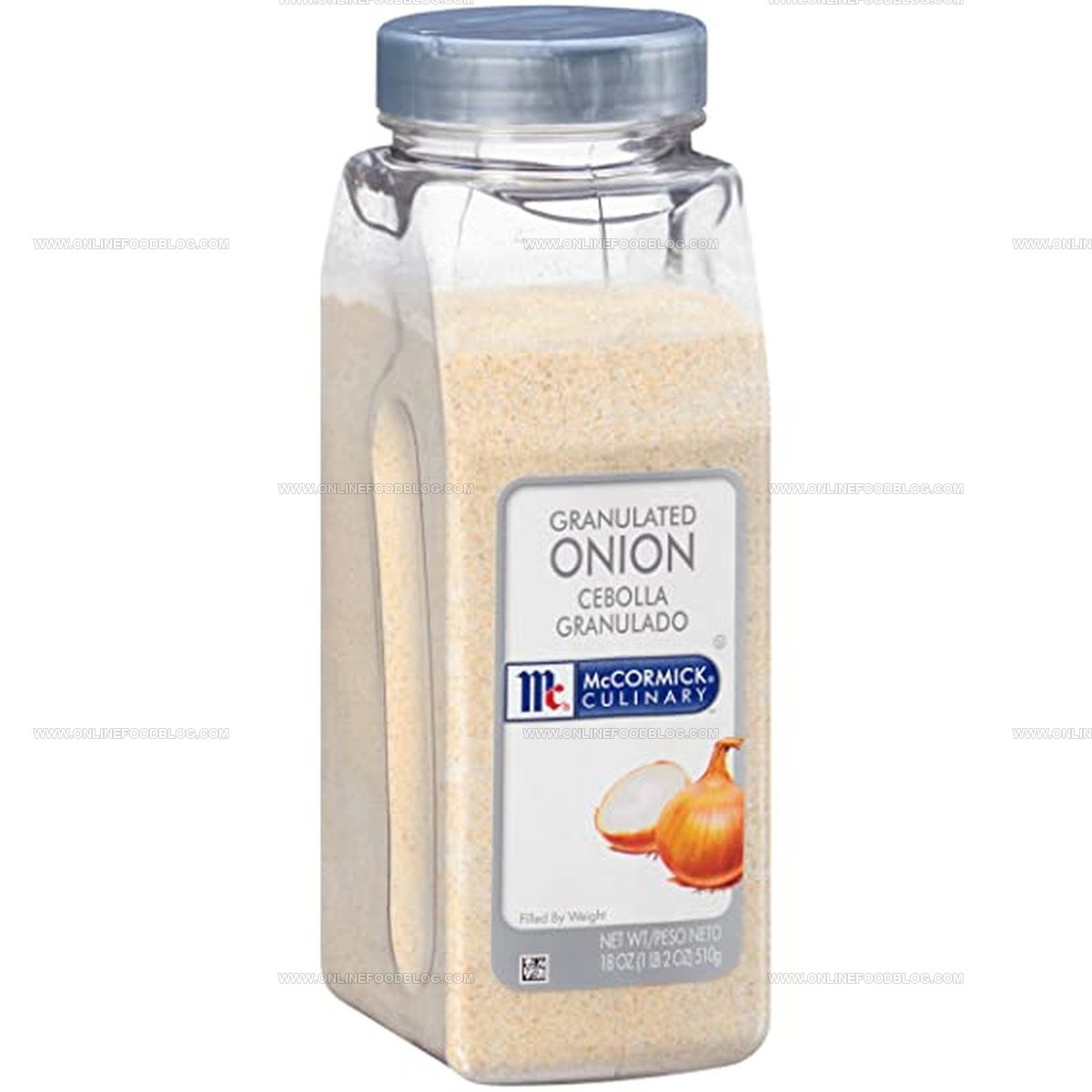
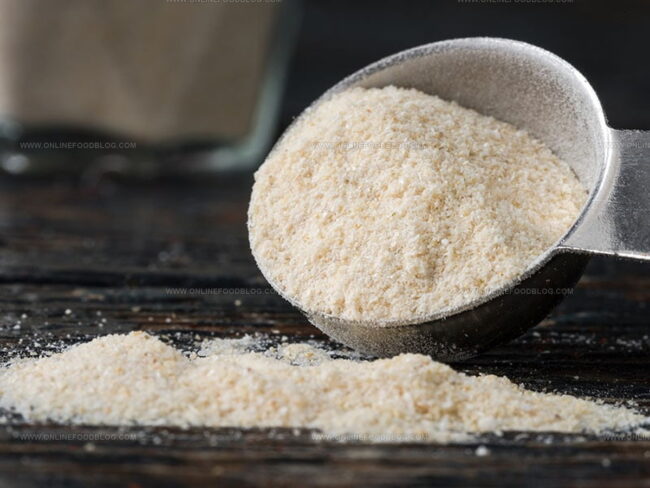
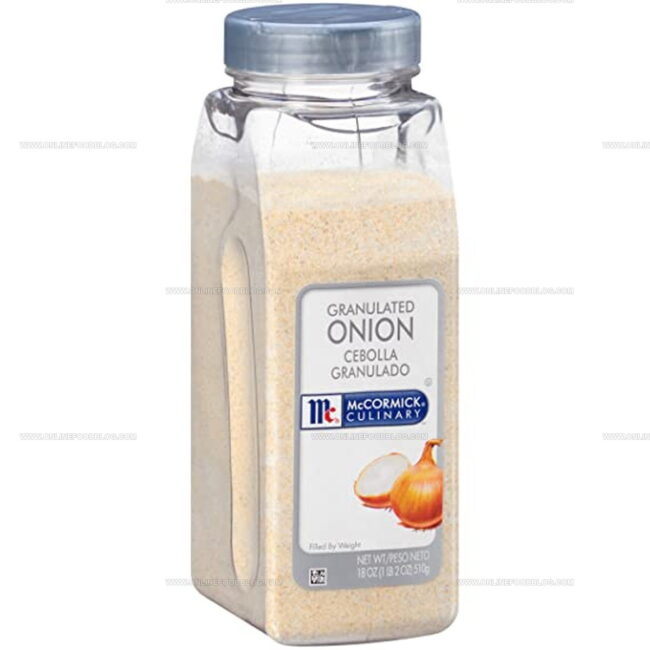
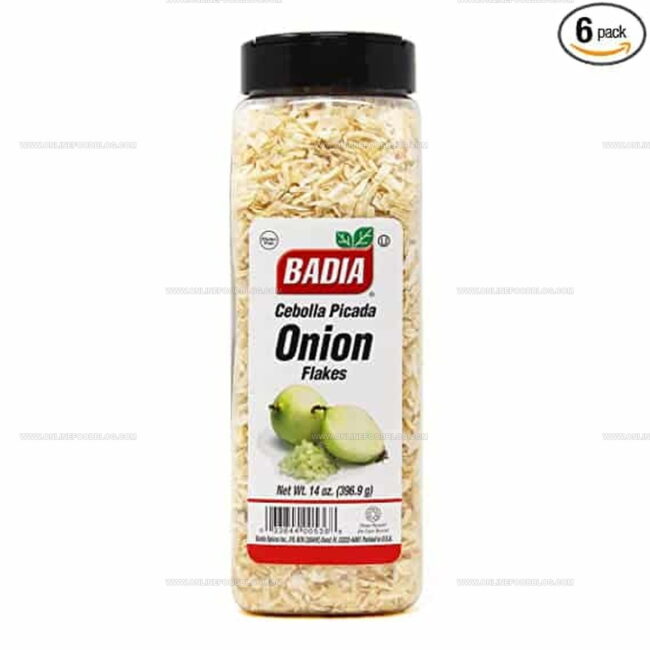
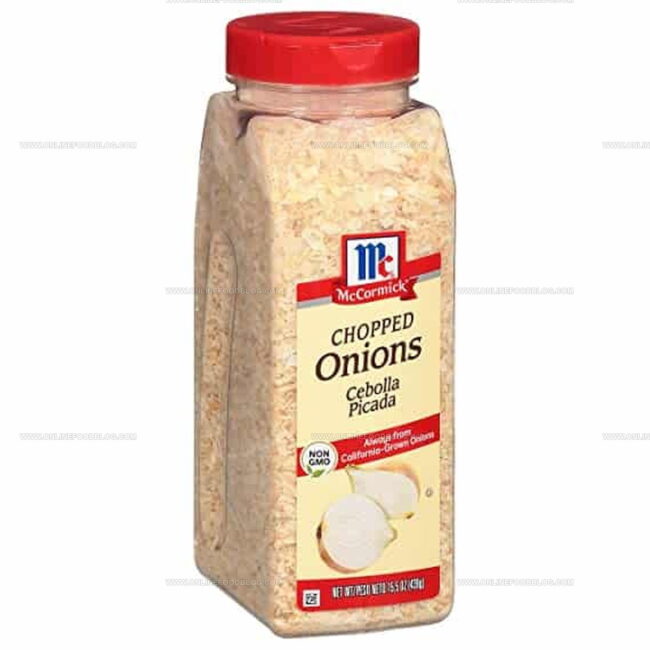
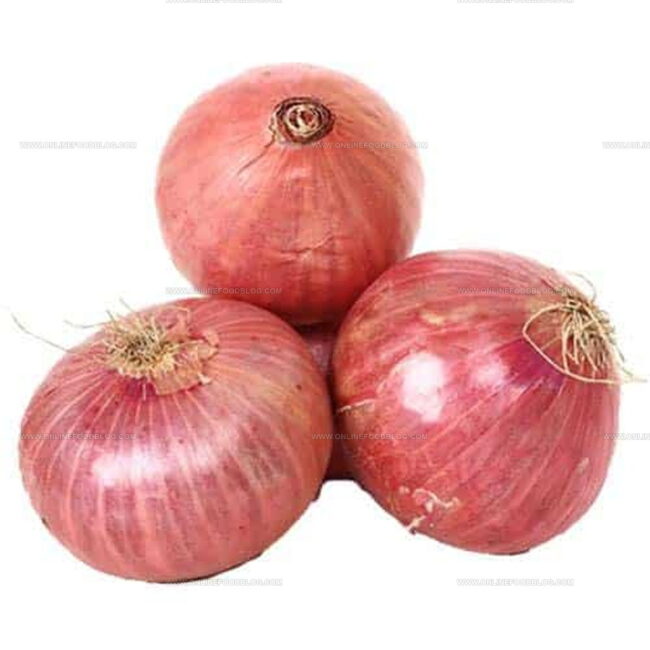
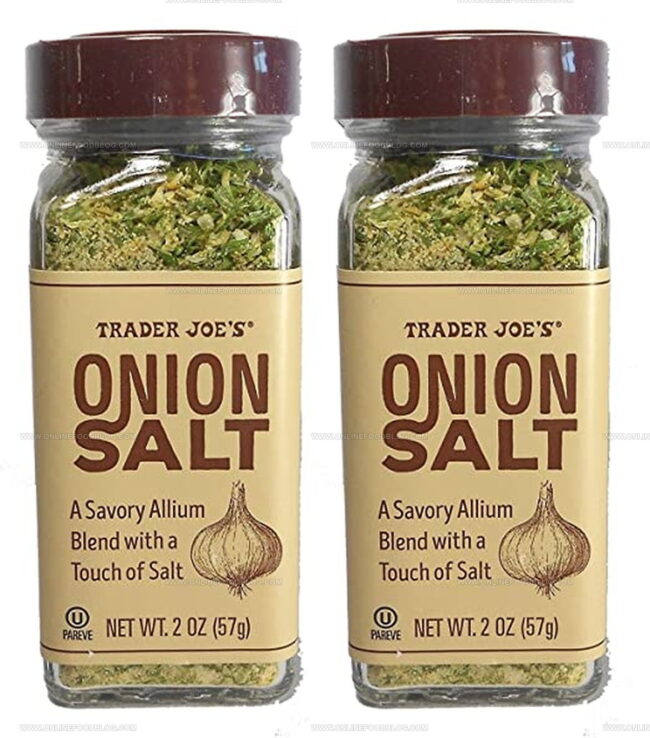
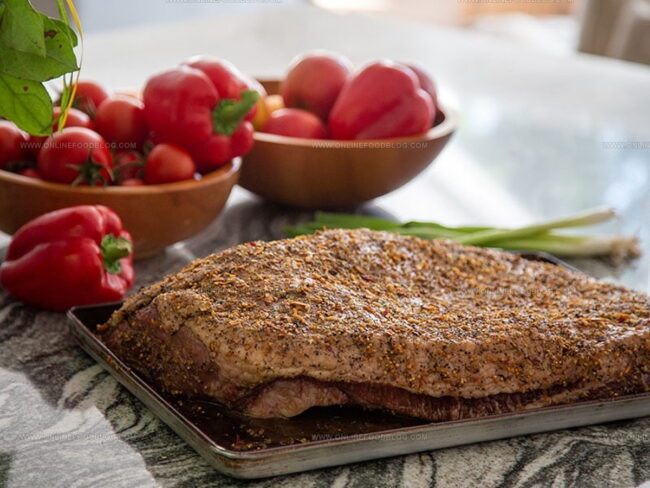
Lucas Bennett
Founder & Recipe Creator
Expertise
Simple Everyday Recipes, Sustainable Cooking Practices, Creative Meal Planning, Recipe Testing and Improvement
Education
Fox Valley Technical College, Appleton, Wisconsin
Lake Superior College, Duluth, Minnesota
Lucas Bennett’s cooking journey started in his parents’ kitchen, where he learned to prepare tasty, no-fuss meals from scratch. His culinary passion led him to Fox Valley Technical College, where he gained practical cooking skills.
He then expanded his focus on sustainability at Lake Superior College. Today, Lucas shares easy, approachable recipes designed to make cooking enjoyable and stress-free for everyone.